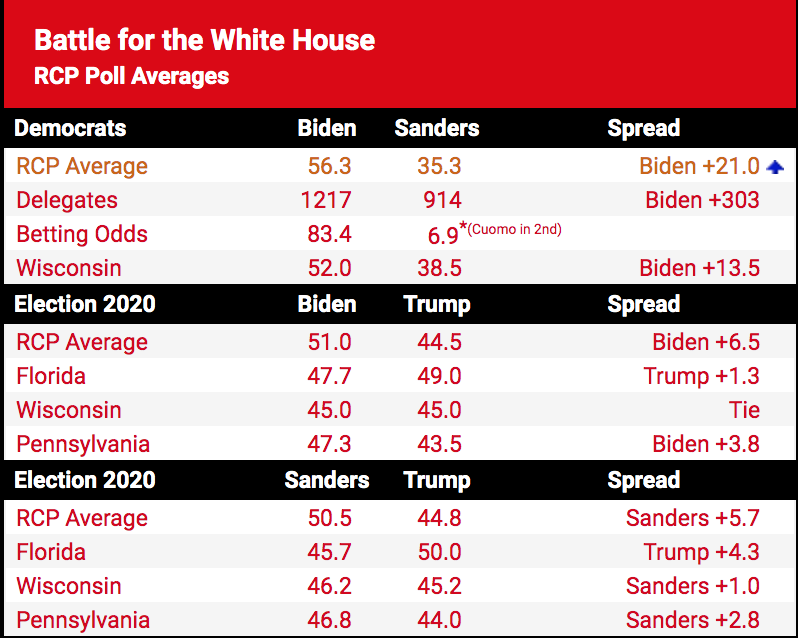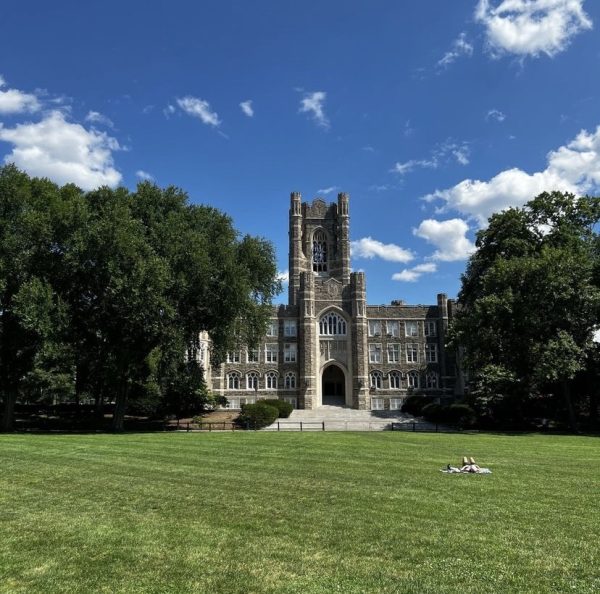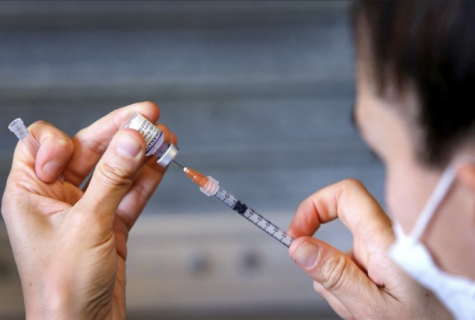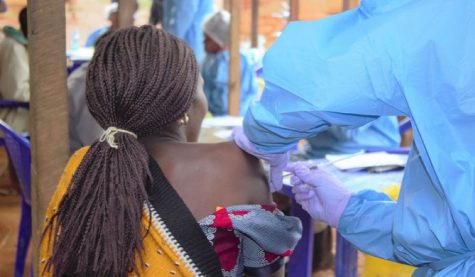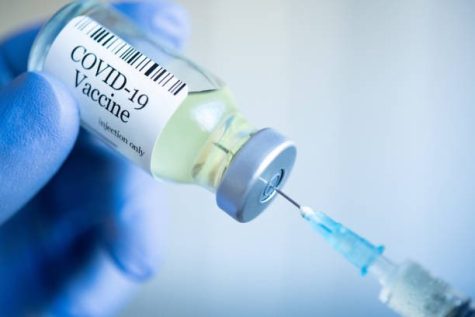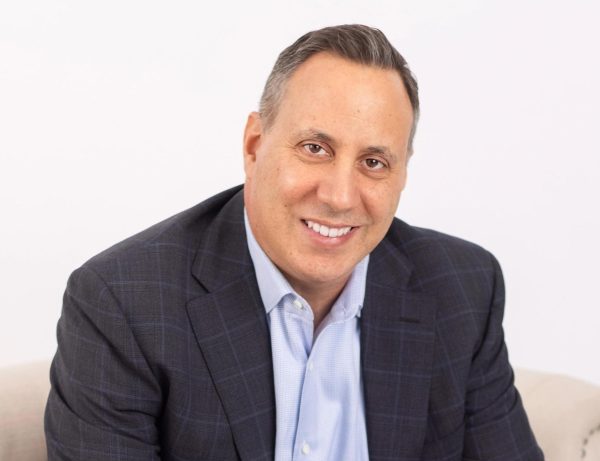COVID-19 Impacts Democratic Primary Process
As the country closes schools and businesses in response to the rapid spread of COVID-19, primary elections remain in full swing.
There are more than 20 states who have yet to hold their primary elections, according to Politico. Fourteen states, including New York and Ohio, have chosen to postpone their primary elections in an effort to avoid further spread of the coronavirus at polling places, according to an article by The New York Times.
Michael Fissinger, FCRH ’21, president of the Fordham College Democrats, supports these delays.
“For the immediate future, states should definitely be postponing in-person voting because of the pandemic,” he said. “Ideally, states will be able to have normal election days at some point in a few months, but in the event that that’s not possible, states should already be making plans to implement universal vote by mail so that people can still have their voices heard for the remainder of the primary.”
Some states, like Wisconsin, hope to provide all registered voters with absentee ballots in the event that residents feel unsafe mixing in large crowds at polling places, according to The New York Times.
Fissinger said some voters might find it harder than before to devote serious thought to the primaries in light of the COVID-19 pandemic.
“It’s definitely difficult to concentrate on the race given everything that’s going on. I’m trying my hardest to stay focused on it, but it’s certainly harder than it has been,” Fissinger said.
However, he said he believes it is as important as ever to focus on vetting the remaining Democratic candidates.
“Thinking about the election now is definitely still important,” Fissinger said. “Both Joe Biden and Bernie Sanders offer vastly different views and leadership skills than the current president, so it’s important to hear from them about how they would handle such a crisis. Hopefully, voters can observe how each candidate is responding to the crisis and use their responses as a factor to inform their votes.”
Boris Heersink, a professor in Fordham’s political science department, agreed.
“Elections are a crucial component of democracy,” he said. “While it makes sense that we are mostly focusing right now on how to deal with the pandemic, it is also important to maintain our focus on the political system, especially since our elected officials are currently involved in making loads of (at times, questionable) decisions that affect all of us in response to this crisis.”
Nationwide, Biden leads Sanders by roughly 19 points, according to data by Real Clear Politics.
“I think the primary is effectively decided at this point,” said Robert Hume, Ph.D., another Fordham political science professor. “Biden has won enough states that it will be very difficult for Sanders to catch up. A part of this is about momentum. Biden has it, and I see no reason why it would not continue. It also has to do with the math. Because the Democrats use a proportional representation system for their primaries, it is not simply a matter of winning states to catch up. Sanders needs to win states by wide margins.”
Heersink also said Sanders was unlikely to gain much ground at this stage.
“The probability of Sanders getting a majority at the convention is close to zero, so the only possibility left for him is to remain in the race with the hope of keeping Biden from getting his majority,” he said. “But even if he succeeds at that, I don’t foresee a situation in which the convention would nominate Sanders after all that.”
However, the pandemic presents an opportunity for both candidates to showcase leadership ability.
“Both candidates offer a very different ideological view and leadership style from the president, and I think that’s certainly been on display in the midst of the crisis,” said Fissinger.
Both candidates now speak to their supporters electronically. On Saturday, Sanders held his most recent live stream with voters, tweeting to ask Americans to tune in on his website to ask questions about the coronavirus pandemic. The same night, Biden held a remote CNN town hall, also focused on the coronavirus.
However, there is a perception that Sanders is more adept at digital campaigning, which could boost his support in the coming weeks, according to NBC.
Sanders has also been using the crisis to further his political platform of universal healthcare and workers’ benefits.
“Losing your job and being unemployed is difficult enough. You shouldn’t lose your health insurance too. Medicare for All means always being covered,” Sanders tweeted in response to a sharp rise in unemployment caused by the pandemic.
While Sanders remains active in politics through his work in the Senate, some Democrats, including Rep. Alexandria Ocasio-Cortez, have criticized Biden for failing to remain “relevant” during the pandemic response, according to The New York Post..
“Obviously, Sen. Sanders has a little more power than Biden right now because Bernie still holds elected office,” said Fissinger. “It seems like he used his position in the Senate to ensure certain provisions in the stimulus bill that he wanted. Biden, however, has also emphasized his differences with Trump through frequent press conferences and interviews. The big question at this point, I think, is whether or not states will be able to hold their primaries at some point in the near future.”

Abbey Delk is a junior from Wheeling, West Virginia, double majoring in English and journalism and minoring in film & television. Her career at the...





































































































































































































